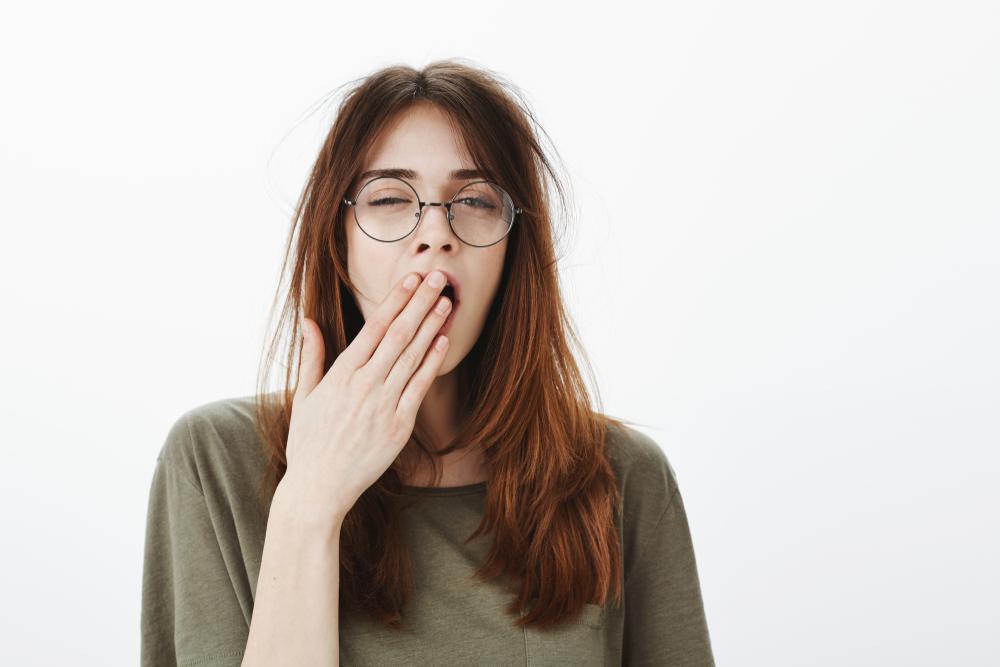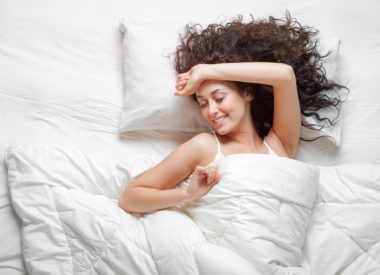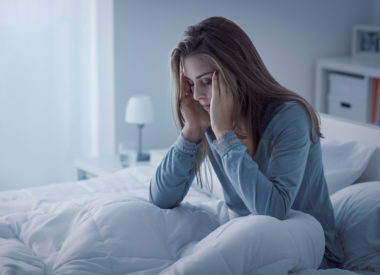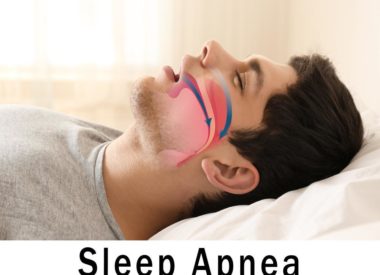How to use relaxation techniques & exercises to fall asleep
Often, insomnia is the outcome of our inability to relax at night. It can be hard to wind down after a long, stressful day.
However, the consequences of untreated insomnia are too serious to ignore.
The good news is that relaxation techniques for sleep and breathing exercises abound for those who wish to learn how to relax and find new ways to settle in for the night.
Most are affordable, easy to practice, and can be done anywhere you need to sleep.
Relaxation techniques and exercises that can help you fall asleep
You likely know how to do most of these, but there can never be too many reminders about our options when it comes to chilling out at night. It can be easy to become frustrated when you don’t know what to do when you can’t sleep. Check out these ways to fall sleep that focus on stress relief, muscle relaxation, breathing techniques, and more.
-
Bathe: A warm ( not hot! ) bathe specially using Epsom salts or aromatherapy products that incorporate relaxing fragrances like lavender can help induce relaxation right before bedtime. Gentle spa bubbles can also be relaxing.
-
Breathe: There are numerous breathing techniques for sleep some inspired by yoga and meditation which can do wonders for calming the mind and body. A favorite is the 4-7-8 breath promoted by Dr. Andrew Weil:
- Exhale completely through your mouth
- Close your mouth
- To a count of four, inhale quietly through your nose
- Hold your breath while counting to seven
- Slowly let out your breath through your mouth while counting to eight
- Repeat this 4-7-8 cycle 3 more times
-
Dim the lights: If you like candles, or have dimmer switches, go for it.
Reducing the amount of light in your home an hour before bed will help the brain transition from wakefulness to sleep through a sustained release of the sleep-inducing substance, melatonin.
Even just shutting off all the lights except for (nonLED) task lighting can be helpful.
- Use fragrance-free soy candles if you have problems with allergies
- If you are concerned about burn risks, try the battery-operated candles that can be turned on or off with a remote control
-
Journal: Sometimes, the challenge of racing thoughts relates to your busy schedule. You have so many things to think about!
Capturing them in a journal you keep on your nightstand can help “remove” them from your immediate consciousness. You know you won’t forget them because you’ve written them down. Your tasks will be ready for you in the morning; meanwhile, you can let your cares go and focus on getting some sleep instead.
This is also useful if you have general anxiety and need to offload your worries. The act of writing these things down asserts your ownership over them, which can be its own kind of relief.
-
Listen: Sound therapy is one of the best ways to fall asleep.
It could be relaxing music, talk radio (on a non-stimulating subject), podcasts designed to help you sleep, or the sounds from a sleep-inducing app, which may include the use of special frequencies that some believe are useful for promoting relaxation.
Use comfortable “ear wear” as well; there are special kinds of headbands, earbuds, and headsets built specifically for sleep.
-
Make art: Those adult coloring books are more than just a fad; they provide focus and calm the body and mind, and the experience is pleasurable. So is knitting or crochet, stringing beads, or other creative and crafty pursuits.
Just make sure the light you see by is of the normal incandescent variety and not awash in blue spectrum waves (such as is the case with LED lighting) so you don’t have trouble falling asleep afterward.
-
Meditate: If you know how to meditate, bedtime is a particularly good time to practice it. If you don’t know how to meditate, there are classes you can take, good books to consult, even phone apps that can guide you through a practice.
The goal is to empty the mind, and it can be much more difficult than you ever thought, so don’t give up! Eventually, you will know how to achieve that sense of “nothingness” and be able to meditate wherever you are, at any time of day or night.
- Shambhavi Mahamudra Kriya is known as an introductory method of Isha Yoga which specifically focuses on meditation for”sleep programming”
- Good old-fashioned prayer, regardless your faith, is well known to calm the mind and relax the body for sleep
-
Practice yoga: Light stretching coordinated with mindful breathing can work wonders at bedtime. Here are some very easy poses recommended by Yoga Journal for improving your sleep:
- Child’s Pose
- Standing Forward Bend
- Corpse Pose
- Bridge Pose
- Basic Lotus or Half Lotus Pose
-
Read: Instead of watching TV, checking email, or catching up on Facebook, read a book or magazine instead. Just 6 minutes of reading can help you wind down and relax. It reduces stress and slows your body and mind down enough to achieve calm.
Be wary of light sources, however: blue spectrum light prevents the brain from releasing melatonin.
- If using an e-reader, make sure the device is not backlit, or if it is, wear blue blocking glasses or use a filter to mask blue spectrum light
- If you use a book light to read, make sure it’s not LED, as it also emits blue light
-
Tense, then let go: Progressive relaxation involves tensing and releasing muscle groups in the body in a systematic way, moving from the toes to the top of the head and the fingertips.
Focus on extra tense places, such as the jaw or the face, by repeating this tension-release process to let go of the stress your body stores in the muscles there. For some, progressive muscle relaxationis the best way they know how to fall asleep fast.
-
Visualize: This is a technique for how to relieve stress at any time of day.
Train your focus on calm, relaxing, pleasant images. Make sure they are non-stimulating. Beautiful landscapes are a popular choice; so is imagining the more abstract concept of being insulated, surrounded, or embraced by soft healing light.
If you find it hard to fall asleep but know somebody who sleeps well, you might ask them what their secret is. Most people who sleep well practice some sort of bedtime ritual to help prepare them for a good night’s rest, and they’re usually happy to share what they know with people who need help falling asleep.
Asking your doctor for advice is always a good idea, too, if you are frustrated because you are unable to fall asleep at night. They can also investigate whether you have garden-variety sleep onset insomnia or something that may require a closer look.
Call Sound Sleep Health in Seattle/Kirkland Washington for help at (425) 279-7151 today!
Sources:
Harvard Health
Mindlab International, University of Sussex
Patheos
University of Maryland Medical System
University of Nevada, Reno Counseling Services
Dr. Andrew Weil



